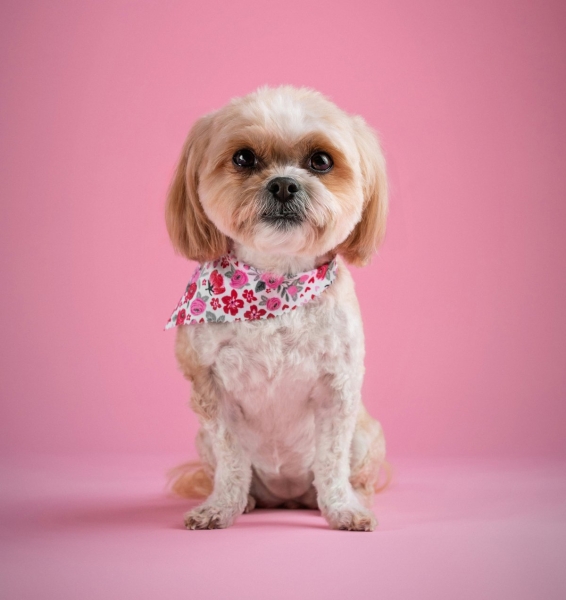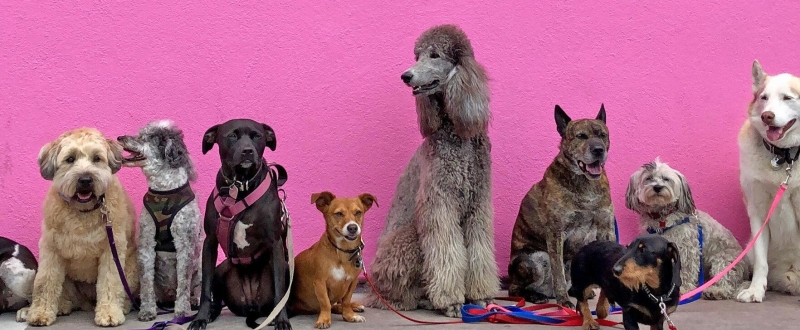With “Fefè”, the Italian brand Dolce & Gabbana is launching its first alcohol-free dog perfume on the market – and is receiving a lot of criticism from animal rights activists.
Dolce&Gabbana’s Fefè fragrance mist, the brand’s debut for dogs, is inspired by the unwavering love for Domenico Dolce’s faithful companion Fefè. This soft and delicate fragrance is perfect for a playful beauty routine.
Dolce & Gabbana
Named after the poodle dog Fefè by Italian fashion designer Domenico Dolce, the fragrance “Fefè” was conceived as a luxurious addition to “playful” beauty care for dogs. To create a particularly soft and delicate composition, perfumer Emilie Bevierre-Coppermann blended fresh notes of ylang-ylang with warm musk and creamy sandalwood nuances.
To use, the dog perfume is either sprayed onto the hands or gently spread over the dog’s coat from the middle of the body to the tail using a brush. Alternatively, it can also be applied directly to the coat, avoiding the nose area.
When purchasing the 100 ml bottle of “Fefè”, the customer also receives a matching color dog collar with a gold-colored pendant.

A perfume for loyal companions: Dolce & Gabbana’s “Fefè” is causing a stir.
Concerns and criticism
Dolce & Gabbana assures that “Fefè” has been developed according to strict Safe Pet Cosmetics standards and has been approved by veterinarians. The company also states that consumers who have tested the product have found it to be particularly “dog-friendly” and gentle.
Nevertheless, there are many critical voices: The animal welfare organization PETA, for example, points out that dogs have sensitive noses and that scents that are pleasant for humans can be disturbing for animals. Italian vets are also expressing doubts. Federico Coccía, a veterinarian from Rome, explains in the Mirror that dogs perceive their environment to a large extent through smells and recognize themselves and people by them. In addition, the scent of perfume can make it more difficult for vets to detect certain skin diseases, as it masks the natural smell of breath and earwax.
Another point of criticism relates to the anthropomorphization of animals. Some critics argue that luxury perfumes for pets are an unnecessary and exaggerated form of projecting human preferences onto animals, rather than focusing on their actual needs and well-being.
We are looking forward to your opinions: What do you think of fragrances that are developed specifically for pets?
